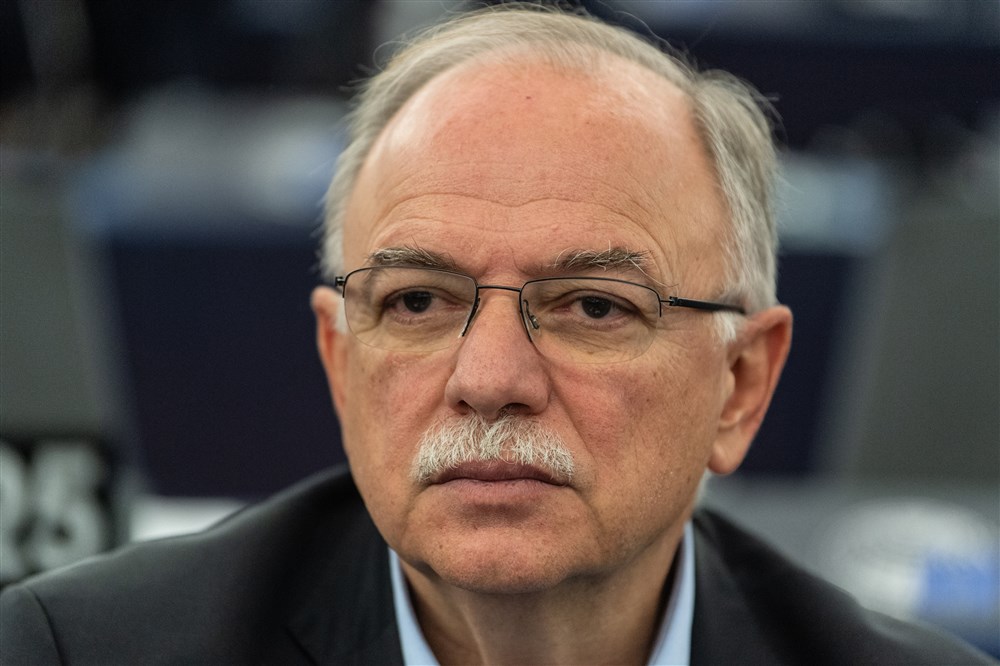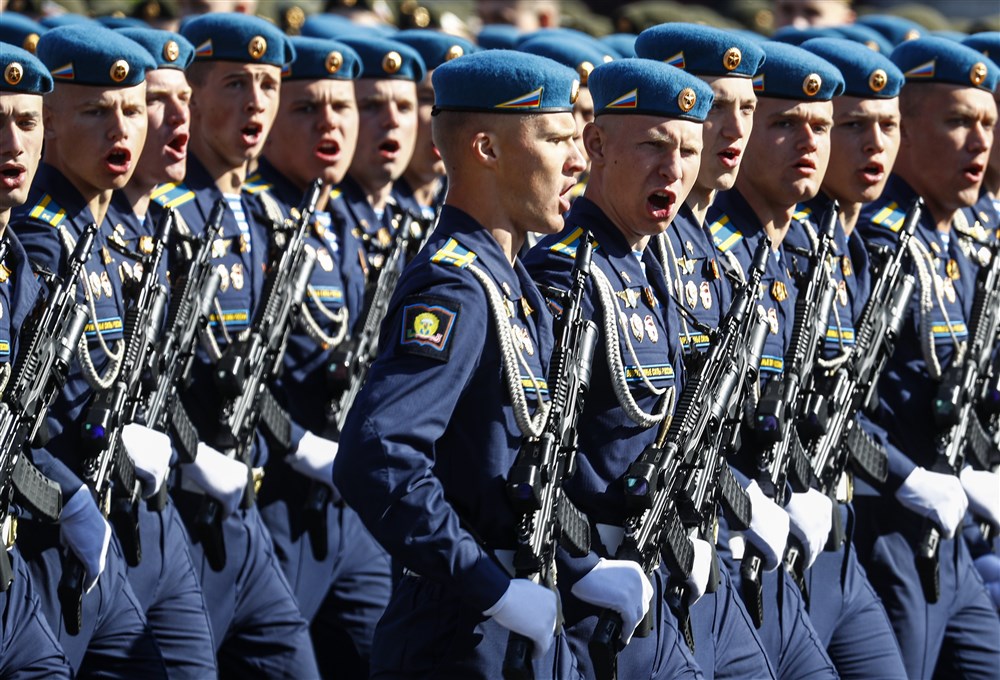Joint purchasing can seem an efficient solution to many problems facing EU Member States and their citizens.
Among European nations, the practice can be traced back to long before the creation of the EU. Jean Monnet, one of the bloc’s ‘founding fathers’, convinced allies to pool their maritime tonnage in the last years of the First World War, helping both France and Britain overcome food shortages so acute that millions were days away from going hungry. Why compete for beef on the Argentine market when you can make joint purchases, he argued? Why not charter ships on a joint basis?
This principle has grown into the EU single market of today, which is surrounded by one (imperfect) Customs barrier and which is represented in trade negotiations with third countries by a single interlocutor – the European Commission.
Joint purchases are good news for the Commission as the executive is in the process handed new powers to decide on behalf of the whole bloc. In sensitive areas, however, the practice can be too much for some nation states to handle.
Energy is one of these sensitive areas. The Commission trumpeted ‘joint purchases’ of gas last year in response to the energy scramble triggered by the Ukraine war though in reality the executive is merely encouraging private sector companies to pool bids. National governments resisted plans for a Brussels-driven gas price ceiling. States such as Hungary, separately, have negotiated exemptions to EU energy sanctions on Russia in the name of the national interest.
Arms purchases are equally if not more sensitive. While EU governments have agreed to buy munitions for Ukraine, they are not happy with the idea that this would make the Commission their unofficial arms dealer. “The scheme marks a pivotal moment for the EU — a club born as a peace project is now poised to buy and send arms to a country at war”, Politico reports today. Nation states are “getting nervous about handing Brussels more power”, the article reads. If the Commission takes the lead, individual, national armament priorities could be forgotten in the name of the common EU good. Are governments prepared to potentially downgrade their own defence strategies?
The Commission now is pushing for joint purchasing in another field: raw materials. The EU, if it acted together by pooling demand, could become a “counterweight” to China, which has a great deal of “market power” in the raw materials markets. Some of these measures are “voluntary” when first proposed, though they can become compulsory soon afterwards.
In other news, European bank shares continued to sink on March 20 as a result of the “shotgun marriage” between Swiss banks UBS and Credit Suisse, as the latter was in danger of collapsing.
Central banks, including the European Central Bank, announced “swap lines” designed to inject liquidity and calm jittery markets. From a European perspective, the latest banking crisis has once again been triggered by problems in the US, where regulators have had to intervene to prevent a broader bank collapse.





